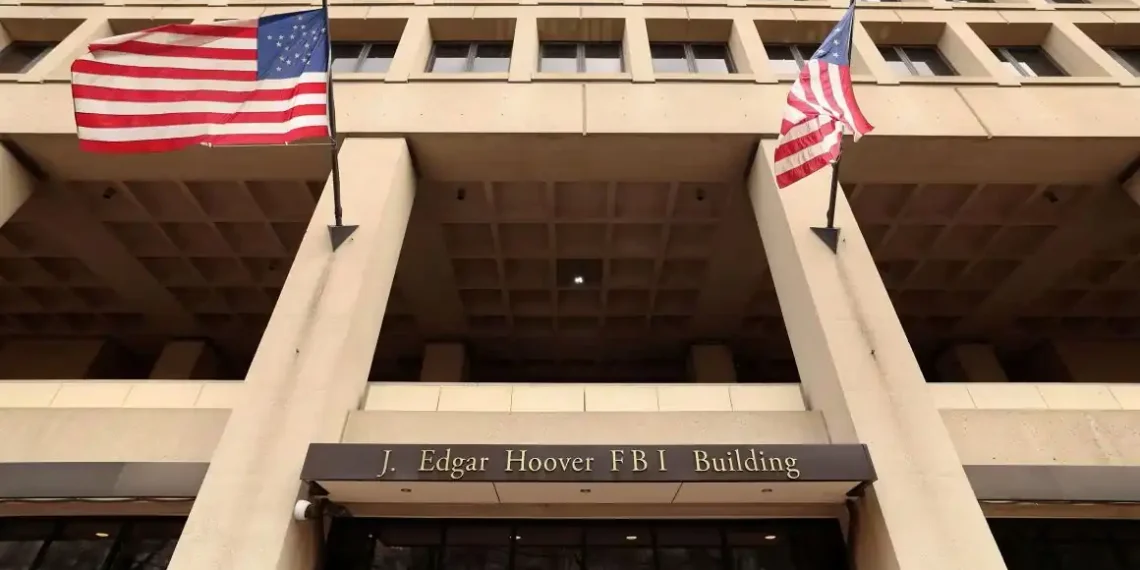U.S. on Alert for Potential Iran-Linked Threats, But Officials Say Nothing Credible — Yet
As tensions rise between the U.S. and Iran, federal law enforcement and intelligence agencies are keeping a close eye on possible domestic threats — though, for now, officials say there’s no specific or credible danger on the radar.
Watching Old Names, Preparing for New Moves
Law enforcement is taking a fresh look at individuals in the U.S. with known or suspected ties to Hezbollah, an Iran-backed militant group. The review comes as a precaution, not because of any actionable intelligence — but with Iran’s Supreme Leader Ayatollah Ali Khamenei warning of possible consequences for U.S. actions, officials aren’t taking any chances.
While the biggest risks are believed to be overseas — targeting U.S. military bases or interests in the Middle East — agencies are also tightening their domestic watch in case tensions spill over.
Trump, Assassination Plots, and Lone Wolves
Part of the heightened concern stems from lingering fallout over the U.S. killing of Iranian General Qasem Soleimani in 2020 during Donald Trump’s presidency. Iran has made repeated threats of retaliation, and Trump himself remains on a so-called hit list maintained by the regime, alongside other current and former U.S. officials.
Last year, the Justice Department revealed a murder-for-hire plot allegedly orchestrated by Iran targeting Trump and others. Officials have also tied Iranian hackers to cyberattacks on Trump’s campaign — a reminder that retaliation doesn’t always come in the form of bombs or bullets.
But the most unpredictable threat, officials say, comes from lone actors.
“There’s always a threat,” one federal official told CNN. “The difference is when it’s specific and credible.”
In recent months, U.S. agencies have dealt with multiple attacks carried out by individuals acting alone, with no online footprint or communications — the kind of threat that’s nearly impossible to detect ahead of time.
Criminal Networks Over Domestic Groups
Interestingly, officials say that recent Iran-related threats haven’t come from domestic supporters or fundraising groups linked to organizations like Hezbollah or Hamas. Instead, Iran appears more interested in using criminal networks that can be hired to surveil or attack specific targets.
In one case last year, two U.S. citizens were charged with helping Iranian officials surveil an anti-regime activist in New York. In another, an Afghan national was accused of plotting assassinations on behalf of the Islamic Revolutionary Guard Corps (IRGC) — including a potential attack on Trump.
Security Tightened, But Routine
In Washington, security around sensitive sites like the White House, Pentagon, and Israeli embassy has been quietly increased in recent weeks. Officials say that’s standard protocol whenever global conflict ramps up — in this case, following fresh hostilities between Israel and Iran.
The Secret Service is maintaining high vigilance but, according to one official, hasn’t seen a rise in credible threats.
Following the Money
One of the FBI’s top domestic priorities remains tracking how terrorist groups, especially those backed by Iran, may be getting financial support from inside the U.S. That concern spiked after the October 7, 2023, Hamas attack on Israel, which raised alarms over terror financing networks.
Situation Fluid
For now, officials emphasize there’s no uptick in threats — but things could change quickly, especially if the U.S. escalates military action.
“It just depends,” one source said, pointing to ongoing threat assessments and the uncertainty surrounding how Iran may respond to moves made by Trump or the U.S. government.
In short: nothing’s imminent, but the watchful eyes of U.S. law enforcement aren’t blinking.
This article was rewritten by JournosNews.com based on verified reporting from trusted sources. The content has been independently reviewed, fact-checked, and edited for accuracy, neutrality, tone, and global readability in accordance with Google News and AdSense standards.
All opinions, quotes, or statements from contributors, experts, or sourced organizations do not necessarily reflect the views of JournosNews.com. JournosNews.com maintains full editorial independence from any external funders, sponsors, or organizations.
Stay informed with JournosNews.com — your trusted source for verified global reporting and in-depth analysis. Follow us on Google News, BlueSky, and X for real-time updates.














